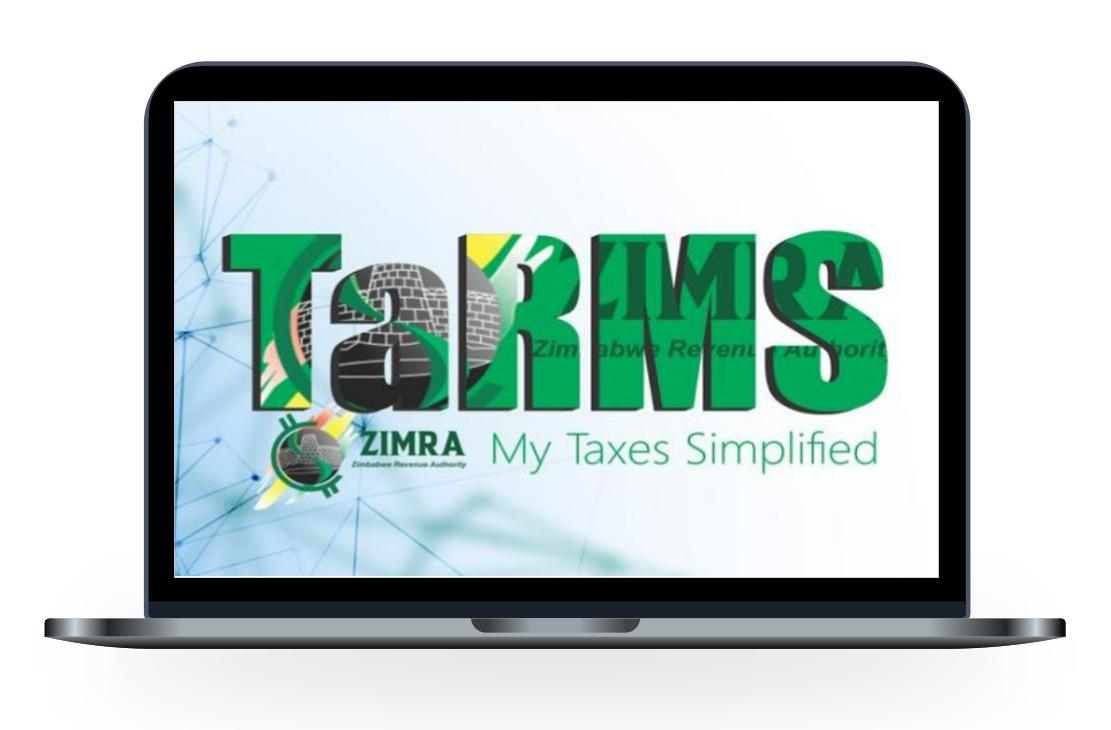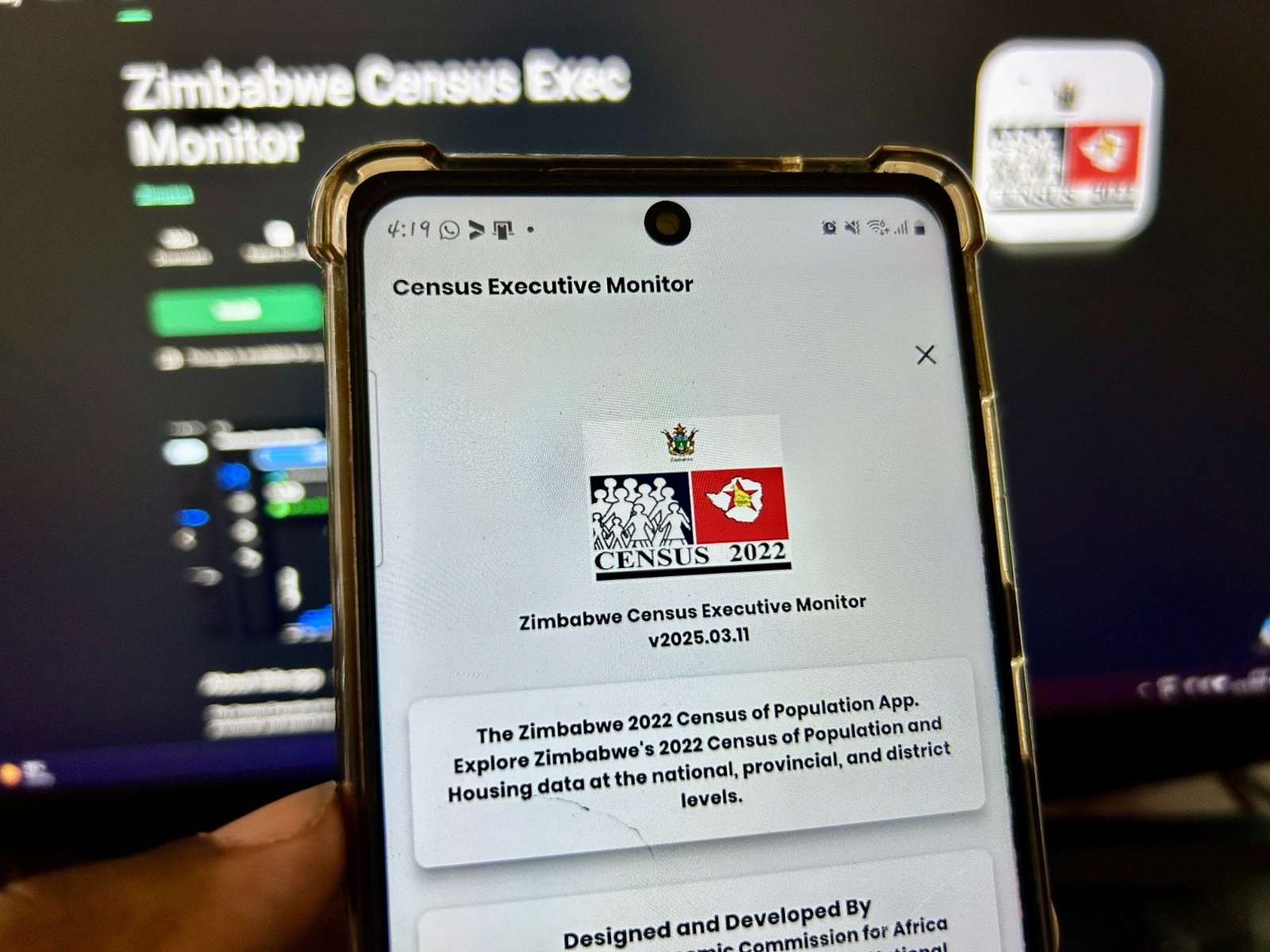The Zim govt is reportedly looking at the possibility of adopting cryptos and blockchain technology according to The Sunday News. The revelation was made at the Computer Society of Zimbabwe ICT Summit in Victoria Falls this past week by Rtd Brigadier General, Charles Wekwete the Permanent Secretary and Head of e-government Technology Unit in the Office of the President and Cabinet:
“Governments are still trying to understand and properly trying to create policies on how to deal with it. In our case, initially we were trying to understand their implication because they are a fundamental departure from previously known financial instruments and there are a lot of fears about cross border movement of funds, money laundering, externalization of funds and illicit flow of funds to fund illicit issues.”
“So Government has put in place mechanism to try and gather views from various sectors of society in order to eventually formulate policies. There have been pronouncements by Minister of Finance and Reserve Bank of Zimbabwe and it’s such as complex area. Sooner or later Government will make statements but we have not gotten there yet, the consultative process is already underway”
(via Sunday News)
It’s strange that our government still sees cryptos as a great unknown. There are plenty of case studies in Zimbabwe. A good example is the Golix debacle which should have been an opportunity to test out the platform (crypto exchanges) in the confines of the sanitary environment instead of just banning them.
An environment much like the Reserve Bank of Zimbabwe’s (RBZ) Fintech Regulatory Sandbox, which (surprise surprise…) crypto and blockchain tech startups were excluded from. It would have been a great advantage for the government/regulator to learn from local entrepreneurs who are fixing local issues through the blockchain.
One instance that was particularly frustrating was Minister for Finance Prof Mthuli Ncube saying that he found a remittance solution in Dubai for Zimbabwe, while there is a local startup called Uhuru that is doing exactly that.
I visited the DMCC CRYPTO CENTRE in Dubai, which is a fascinating incubation hub for crypto currency and payment solutions. Came across solutions that could lower charges for diaspora remittances. pic.twitter.com/krhW8EJHLE
— Prof. Mthuli Ncube (@MthuliNcube) September 9, 2021
To make matters worse, ZimboCash has been in existence on and off over the last couple of years. As far as anyone knows ZimboCash is only operational with the blessing of the central bank. The company will have some vital insights from the KYC issue which forced it to temporarily shut down.
To top it all off Prosper Mwedzi, a local financial service lawyer and blockchain technology enthusiast crafted an entire bill on Cryptocurrencies and Blockchain Technology for Zimbabwe. The bill was made with the concerns of money laundering, business registration, powers of the regulatory body and many others in mind.
Furthermore, the Zimbabwe Blockchain Technology Think Tank publish an entire study about the adoption of crypto in the country.
Towards Virtual Assets Regulation and Adoption of Blockchain Technologies in Zimbabwe’s Context
Everything is there to start testing out cryptos but for whatever reason, we have to go through an unnecessary “consultative phase”.














Comments
4 responses
Zim govt is reportedly looking at the possibility of adopting cryptos and blockchain technology….(🤔) revelation made by Rtd Brigadier General, Charles Wekwete the Permanent Secretary and Head of e-government Technology Unit in the Office of the President and Cabinet…..🙊
I have always thought the idea behind crypto currencies is to create a decentralised currency independent of the central government. The idea is to ensure the value of the currency is determined by the free markets not a centralised economy. From this article I feel if the government adopts the currency wouldn’t that defeat the whole purpose of the distributed ledger technologies. Wouldn’t it mean the crypto currency is just a software version of the fiat currencies we already use in Zimbabwe.
Crypto currencies are meant to bring some currency stability but when their value is controlled, that will be like the auction rate vs the black market rate, we will thus create a black market version of crypto currencies which will mean the government loses control of money movement still. The government will still lose control of the currency. Just a thought, correct me if I am wrong….
Here is how our government deals with unknowns; It asks itself three questions: Will we be in control? , Will we be in control? Finally, Will we be in control?
If the answer is no ,no and no laced with a few perhaps and maybes , then whatever the unknown is, it won’t be allowed to happen or exist. It’s such a shame 🙁
why now, have the mastered the art of controlling it or benefitting as once heard they turned down its operations in Zim a few years back..